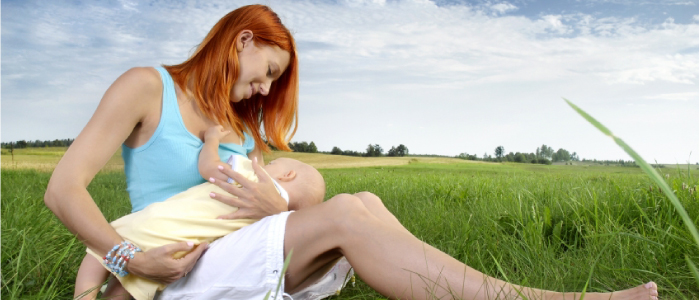 Morning sickness is an unpleasant part of what should be a very pleasant event – a new baby.
Morning sickness is an unpleasant part of what should be a very pleasant event – a new baby.
Why would Mother Nature make her daughters sick once they get pregnant?
Is it some kind of curse? A punishment? Or a myth?
It probably isn’t any of those things.
Briefly ponder the facts; woman becomes pregnant, baby begins growing, additional hormones are released, life for new mom is unchanged until she learns that she really is pregnant. Nevertheless, during those first days, and for some time afterward, the new mom might have the unpleasant experience of morning sickness. It is reasonable to conclude that the new baby is beginning to tap into mom’s system – taking hormones, water, and nutrients needed to grow. Unless mom has unlimited reserves, her new baby (or babies) can easily place her in a situation where she needs a boost. The fact that the discomfort wanes after a few weeks – as mom gets more nutrition and water, and gears up to meet the hormone demands – further supports the thought that the early sick feelings might be the result of deficiencies.
VITAMINS One standard approach to relieving morning sickness is to take additional vitamins; the B vitamins are often the first to be recommended. Vitamin B6 is necessary to build proteins and growing babies need their proteins built. Vitamin B6 is also essential for the building of hormones. Therefore, mom needs more vitamin B6. This is an inexpensive supplement and a small dose, 10mg to 25mg, one to three times daily, is sufficient to replenish mom and help the new baby start producing his or her own proteins and hormones.
WATER Many moms feel better with the vitamin B6 but some are still a little queasy. What else might be missing? First, water is vital – clean water. Try to consume an ounce of water for every two pounds of body weight. As the weight increases mom will want to adjust the water intake. There is a little fly in this ointment. As baby grows, he/she often pushes on mom’s bladder. It might seem that adding more water could make an uncomfortable filled bladder even more uncomfortable. That is logical, but not necessarily true. The water/urine situation is not a simple water in / urine out situation – like a hole in a bucket filling with water.
Water is needed by every cell in the body. This is referred to as hydration. Cells can become accustomed to low water and not even notice when additional water is made available. The cells seem to ignore the water and it ends up being filtered by the kidneys and deposited in the bladder – where that uncomfortable “gotta go” situation is centered. However, a properly hydrated body of cells will use the extra water without adding unnecessary fluid to the bladder. The key is to use sufficient water every day, from the very beginning.
